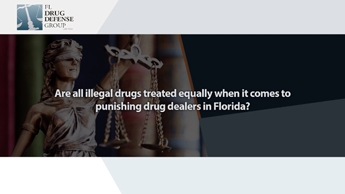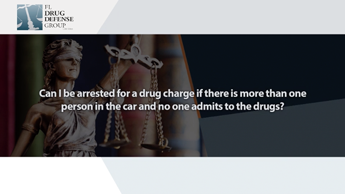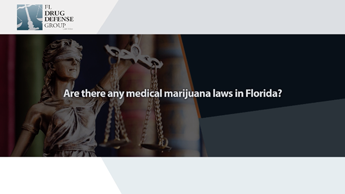Ketamine Has Many Accepted Medical Uses, but You Can Still Get a Felony Case for Possessing It

In the last few years, scientific journals and news outlets have published reports about promising trials in which substances primarily regarded as recreational drugs offered greater relief and fewer side effects to patients with mental illnesses than conventional psychiatric drugs. Going back at least to the heyday of the counterculture in the 1960s, people have experimented with entheogens like hallucinogenic mushrooms, as well as more recently synthesized chemicals, and reported that their experiences during the brief period that they were under the influence of the psychoactive substance had long-term positive effects on their mental state, such as increasing their emotional awareness and relieving their anxiety. Today, physicians are studying the effects of psychoactive substances best known in the United States for their abuse potential, such as psilocybin mushrooms and MDMA, on patients who have struggled to find an effective treatment for mental illnesses such as clinical depression and post-traumatic stress disorder. Ketamine is another substance that has gained popularity as an experimental treatment for depression, but it has a long list of other well-established medical uses. Outside of a medical setting, though, possession of ketamine can get you felony drug possession charges.
Ketamine and Its Uses
Ketamine’s main medical use is as an anesthesia drug, especially in emergency procedures; it carries a much lower risk of low blood pressure and respiratory depression than some other anesthetics. It can also be used for postoperative pain relief; in this regard, it can be an alternative to opioid painkillers. Since 2000, several studies, all of them using small groups of patients, have shown that a single dose of ketamine administered intravenously can reduce symptoms of depression for several weeks; a small number of psychiatrists prescribe ketamine off-label for this purpose. In 2019, a nasal spray using esketamine, a substance similar to ketamine, received approval as a treatment for clinical depression; it must be administered in a doctor’s office.
Meanwhile, ketamine became popular as a recreational drug in the 1990s; it was often sold at raves. An even more sinister illegal use of ketamine, though, is as a date rape drug; because the drug causes temporary amnesia, some perpetrators of sexual assault gave ketamine to their victims in the hopes that they would not remember the attack.
Ketamine and the Law
Ketamine is a Schedule III controlled substance, which means that it has well documented legally accepted medical uses but also has a very high potential for abuse. Possession of a small amount of ketamine is a third-degree felony, punishable by up to five years in state prison. If the amount is larger, the charge can be possession with intent to deliver, which carries even harsher penalties.
Reach Out to Us Today for Help
Possession of a schedule I, II, III, or IV controlled substance, and your best hope for avoiding a long prison term is to hire a criminal defense lawyer. Contact the Florida drug offense attorneys at the FL Drug Defense Group to discuss your case.
Resource:
leg.state.fl.us/Statutes/index.cfm?App_mode=Display_Statute&URL=0800-0899/0893/Sections/0893.03.html
https://www.fldrugdefensegroup.com/is-ayahuasca-legal-in-florida/







